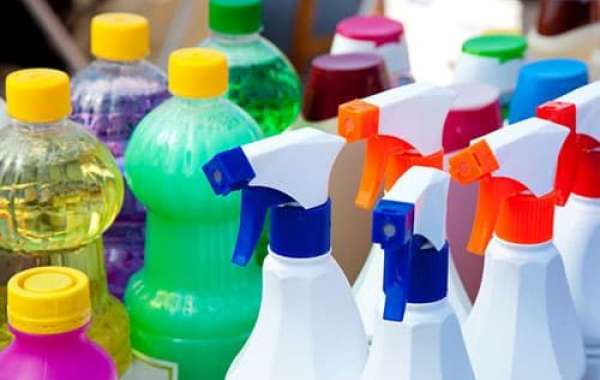Inhalants abuse is a serious problem, and it can lead to long-term, potentially fatal, effects. The inhalants used include household and industrial chemicals, and are breathed in as concentrated vapors. They produce intoxication, but the inhalant manufacturers do not design this to happen.
Prevention is the most effective strategy
Inhalant abuse is a huge problem in the state of Massachusetts. While it isn't as common as alcohol or drug addiction, it isn't insignificant. If you or a loved one is suffering from inhalant addiction, call 1-888-993-3112 for help. Getting clean is the first step in the recovery process. This is why it is important to learn all you can about inhalant use before it is too late.
As with other substance abuse issues, prevention is a must. The best way to prevent inhalant misuse is to educate young people about the dangers of this type of drug. You can do this by providing parents with information on the hazards of inhalant misuse.
Adolescents who are prone to inhalant abuse may be more likely to commit other less than licit activities such as drugs and gambling. To this end, it is also a good idea to educate parents and their children about inhalant misuse.
Treatment for addiction is highly recommended
Inhalants are dangerous drugs that can cause serious illness and injury. If you or a loved one is suffering from inhalant abuse, it is important to get help as soon as possible.
Inhalant addiction is a complex disease that can lead to a variety of serious health problems. It is often accompanied by psychiatric problems. Therefore, a comprehensive assessment is essential to develop a personalized treatment plan.
Withdrawal symptoms are common after stopping inhalant use. These include nausea, sweating, and problems sleeping. The severity of the symptoms will depend on the duration and type of addiction, as well as the user's medical history.
There are a number of treatment options for inhalant addiction. Treatment may involve counseling, detox, and aftercare. This treatment can be provided at an inpatient facility or an outpatient facility.
Signs that you may be addicted
If you think that you may be addicted to inhalants, there are some symptoms that you can look for. These signs can be helpful in getting you into treatment.
Most inhalants have negative effects on the body, including brain damage. This is why it is important to seek treatment.
The first step is to get detoxed. Detoxification is a medical procedure that clears your body of the harmful substances. During this process, you may experience withdrawal symptoms. However, they usually subside within a week of being stopped.
You can also try to learn new ways to cope with stressful situations. These can help you to get better and stay sober.
Inhalants are highly addictive. People who abuse inhalants often feel that they have lost control of their use and don't want to quit. They will find other reasons to abuse inhalants.
Long-term inhalant abuse can be fatal
Inhalants, such as cigarettes, paint thinner, or butane lighter fluid, are substances that produce vapor. When inhaled, they produce mind-altering effects in minutes.
They slow down the brain's activity and cause drowsiness and dizziness. In addition, they damage the central nervous system and brain chemistry. This makes inhalants very dangerous. The symptoms can be hard to recognize, but it's important to know what to look for.
It's common for young teens to experiment with inhalants. They start sniffing these products because they think they are harmless and can't hurt them.
But these chemicals are very toxic and can harm the brain and the central nervous system. Even a single use can be fatal. If you think your child is experimenting with inhalants, it's important to talk to him or her.
Treatment for addiction has found behavioral therapy helpful
If you or your loved one has an addiction to inhalants, it is essential to seek treatment. There are several treatments available for inhalant abuse, including medical detox, aftercare, and cognitive behavioral therapy.
Withdrawal symptoms can vary from person to person depending on the type of inhalant used, the frequency of use, and the length of time that the user has been abusing the substance. Mild withdrawal symptoms include nausea, headaches, and anxiety. These symptoms can last for 2 to 5 days.
Treatment for inhalant abuse includes a comprehensive evaluation and medical detox. This process clears toxins from the body. Once the body has been cleared of all traces of inhalants, it is easier to stop using the substance. It is also important to take steps to prevent relapse.







